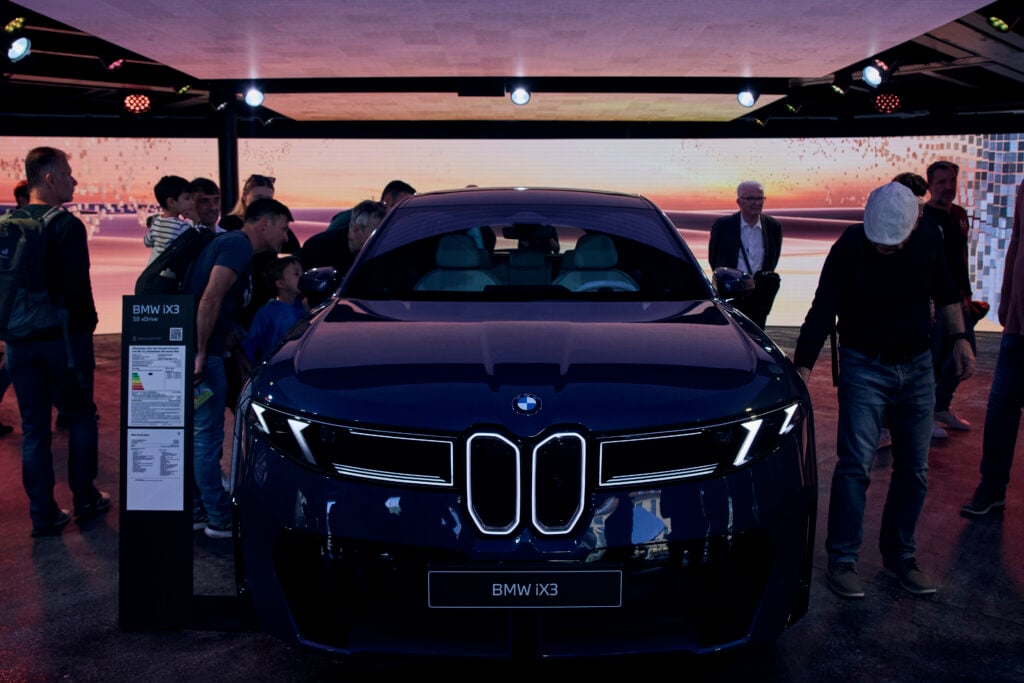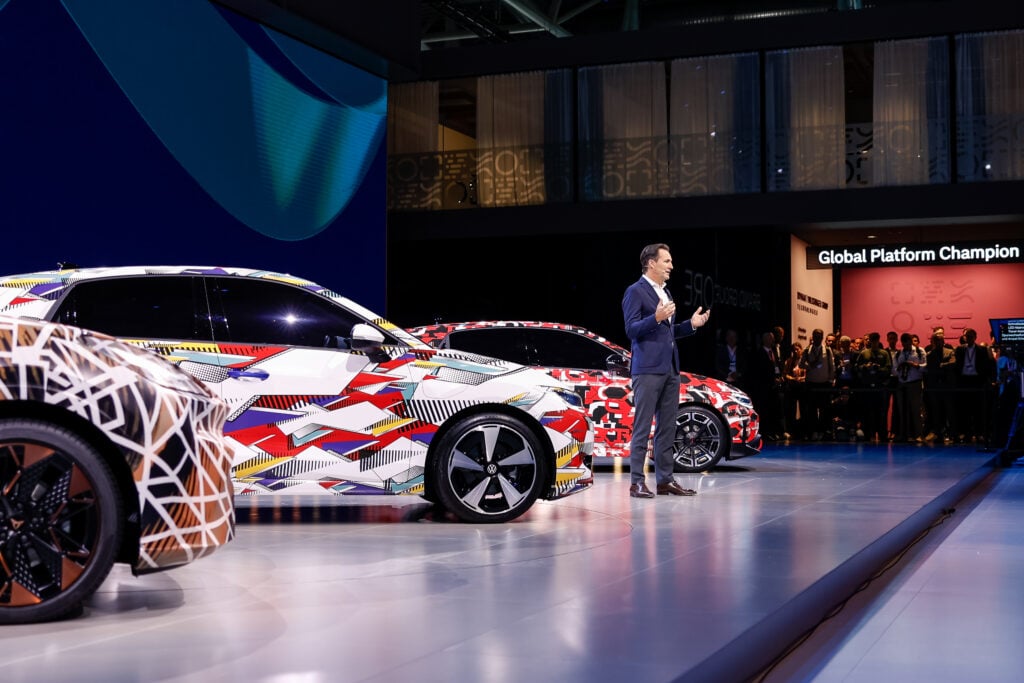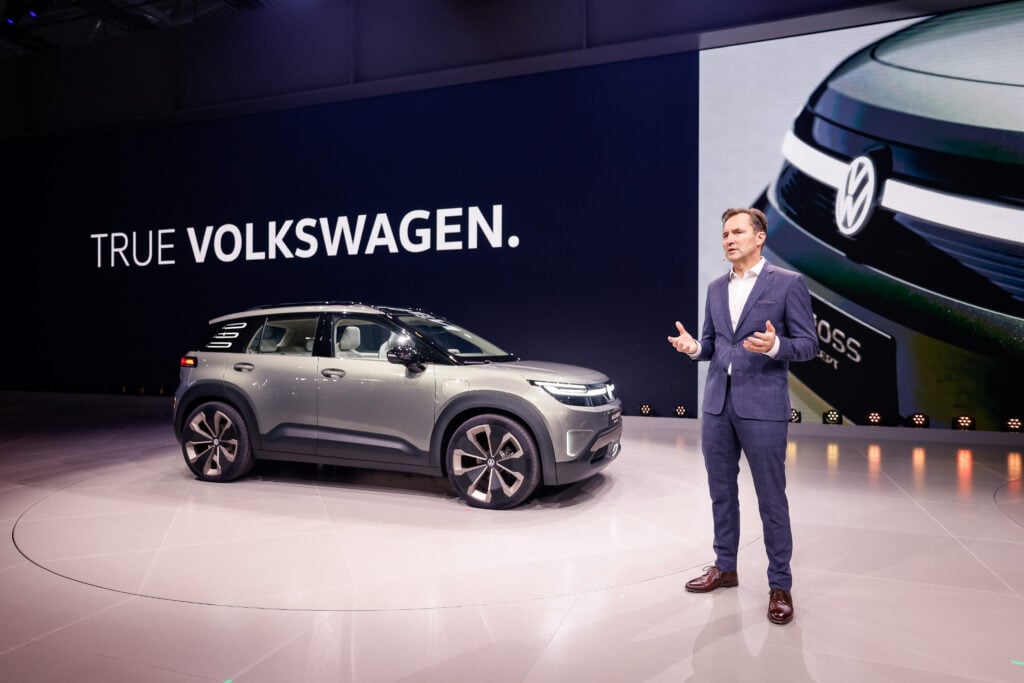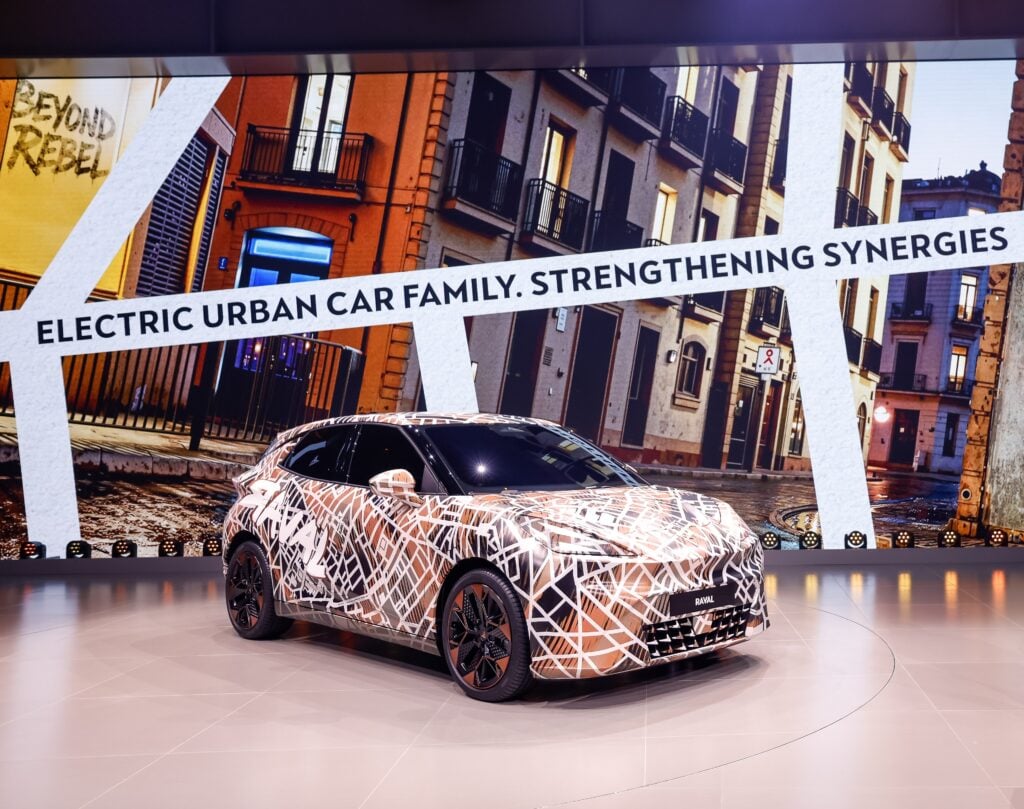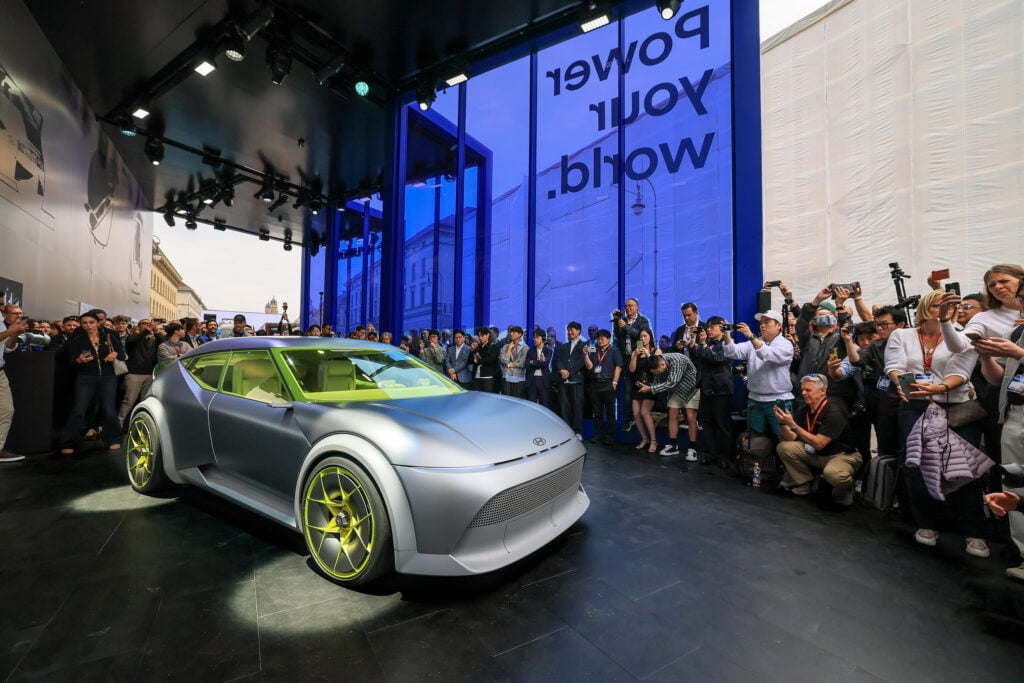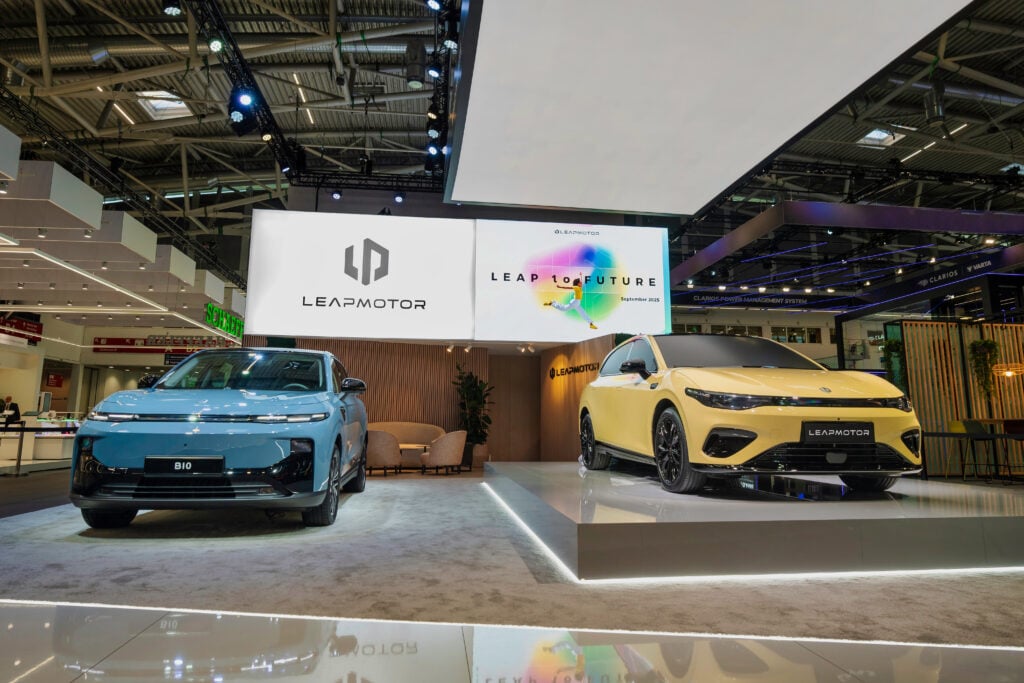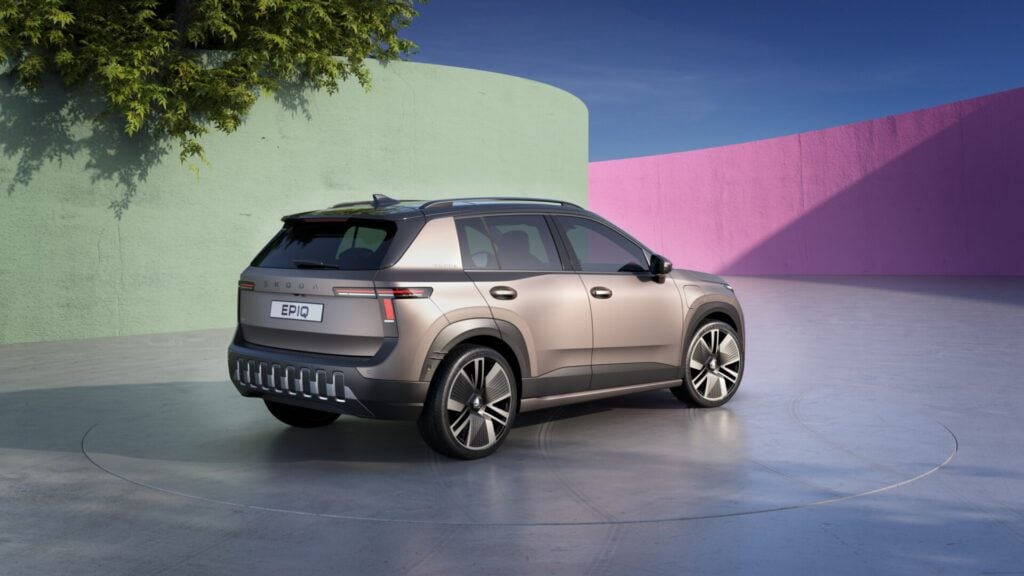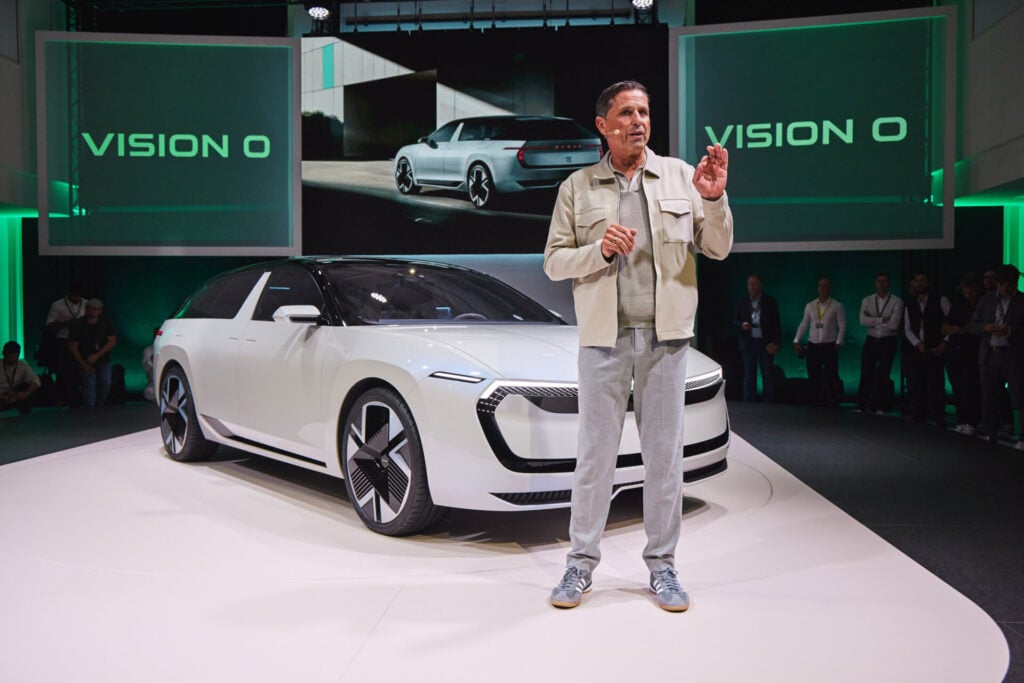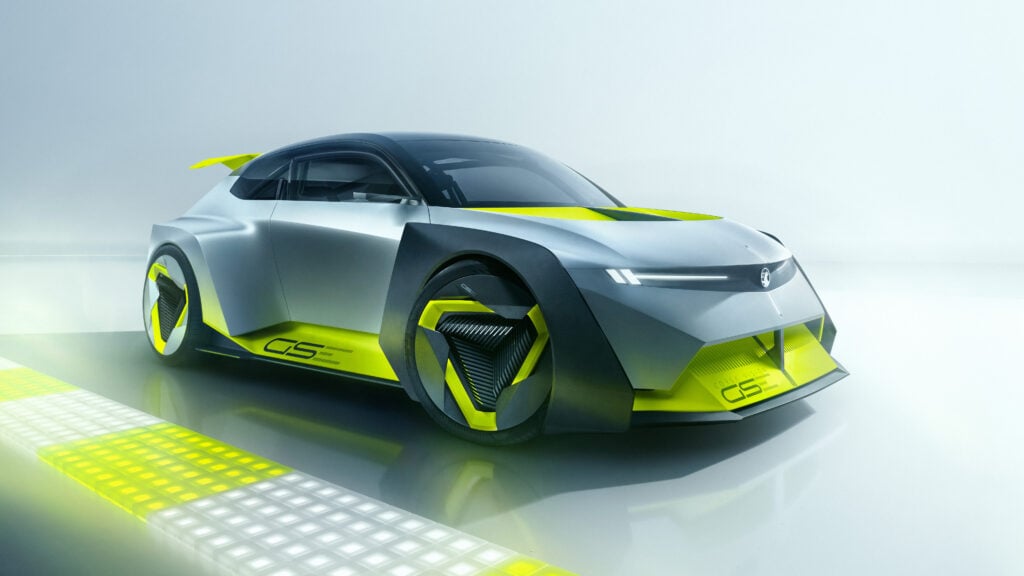The top 10 fleet cars from the Munich Motor Show
The Munich Motor Show – which is officially known as IAA Mobility – recently took place. It’s a hybrid show demonstrating everything about mobility for the future, from the latest cars, new ways to reuse items as part of the circular economy, to important discussion forums. But without doubt, the spotlight for me was the … Continued

